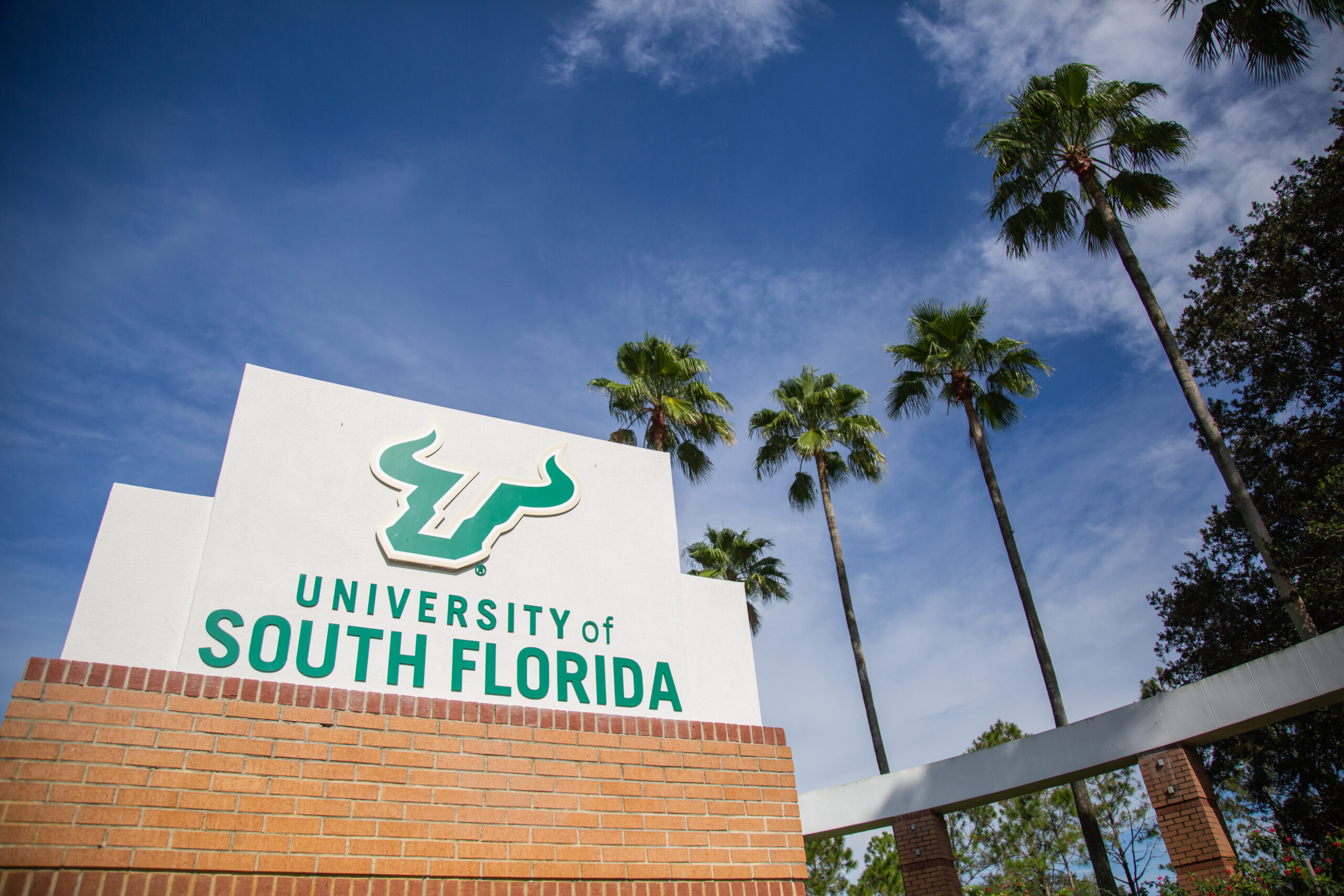OPINION: USF’s underwhelming response to sexual harassment is not surprising

USF students and alumni came forward this summer with stories of sexual violence on campus and criticized USF’s response and subsequent actions to improve reporting of assaults at the university. Both the response and actions proved underwhelming, but this is nothing new as other Florida universities have repeatedly failed to properly address this issue before.
Sexual harassment has long been a taboo subject among college administrations, and they historically don’t take responsibility for their students’ actions nor do they put the initiative in to prevent sexual assault.
A statement released by USF President Steven Currall in August focused on the reinforcement of Title IX measures, which were put in place as part of the 1972 Education Amendment to end sex discrimination in the education system. In this statement, Currall informed students of their ability to report any harassment they may see or experience on campus.
“Members of the university community are strongly encouraged to report allegations of sexual violence, or any other type of misconduct through the university’s established processes,” Currall said.
Currall reassured students that they can report their assaults but spoke nothing about preventive measures to be taken. This puts all of the pressure of the experience on the victim without any confirmation that the university will help stop assault from happening.
The university’s past attempts at spreading sexual assault awareness were largely about what measures will be taken only after the assault occurred. In USF’s 2019 Annual Security and Fire Safety Report, the rules of Title IX and the process of prosecution were laid out, but a plan to prevent people from assaulting in the first place was nowhere to be seen.
The only prevalent measure taken to prevent people from committing sexual assault by USF is the video shown at freshman orientation, which attempts to educate students a few weeks before their first semester at USF.
Other Florida universities have not done much better. FSU, for instance, has a web page dedicated to sexual assault awareness, yet no information about prevention is provided except for a section on “reducing the risk” and bystander awareness, which teaches students how to spot and stop an assault if they feel someone around them is in danger.
Even though this has proven helpful, it should not be the responsibility of the bystander to prevent sexual assault. It also should not be the victim’s responsibility, although FSU implies that it is by providing students with a list of things they should avoid doing to not be assaulted in its “reducing the risk” section.
The list mentions things like “avoid intoxication or the use of recreation[al] drugs,” “if you go to parties, go with friends, and leave with friends” and “avoid walking alone at night.”
Although these are preventive measures, those at risk of being attacked should not have to live their lives in fear.
UF also seems to have a problem with its ability to educate its students on sexual assault. Despite 81% of students being able to recall valuable information about sexual harassment being taught at freshman orientation and 60.6% being aware of the university’s victim services, 30.1% of undergraduate women and 7.7% of undergraduate men experienced some form of sexual assault on campus in 2019, according to a 2019 UF student survey.
Only 10 U.S. states are required to teach students about consent and Florida is not one of them, according to the U.S. News and World Report. In fact, Florida law states that each school district is allowed to make its own decision of whether or not to provide a comprehensive sexual education to students.
A 2018 study by researchers at Columbia University found a direct link between sex education and sexual assault, stating that learning about consent is an effective preventive measure.
Florida universities are in the wrong when it comes to sexual assault prevention, and their responses to repeated attacks on their campuses are frequently insufficient. If universities stopped victim-blaming and started teaching students about consent and manners, statistics of sexual assault could potentially decrease, and those who are at risk would not have to live in fear.
USF has the potential to be an example for other Florida universities by beginning mandatory consent training. If the university started a program to put progressive, preventive measures in place, students could stop stocking up on pepper spray and tasers and focus more on getting a quality education.






